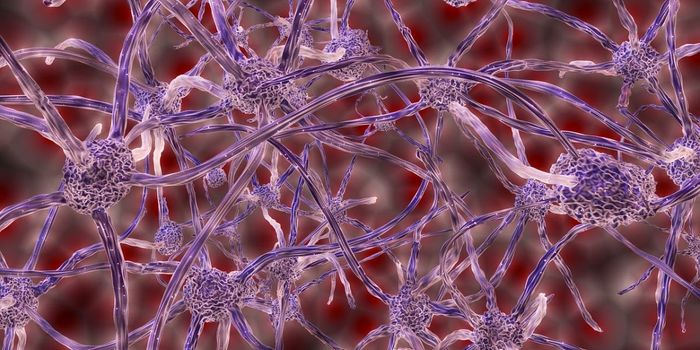Smart Speakers can Identify Cardiac Arrest
Smart devices can control your lights, make your grocery list, and play songs on command. Researchers are now developing smart devices that will identify if someone is in cardiac arrest. The research came from the University of Washington (UW) and was published in npj Digital Medicine last summer. This video from Inside Science summarizes the study.
According to the study, out-of-hospital cardiac arrest causes nearly 300,000 deaths in North America each year and is a leading cause of death worldwide. Most of these events occur at home and in the bedroom. An article from UW regarding the study states that if administering CPR in a timely matter doubles or triples survival chances.
The study reports that smartphones and smart speakers, such as Alexa or Google Home, should be in up to 75% of households throughout the United States in 2020. The researchers saw the widespread existence of this technology as an opportunity to develop a smart speaker that detects cardiac arrest through the unique biomarker of agonal breathing.
Agonal breathing occurs in more than half of cardiac arrest patients. A person in cardiac arrest will experience abnormal breathing and make gasping sounds due to low oxygen levels. The gasping sounds are guttural, making them a useful audio biomarker for a smart speaker to identify. The study reports that agonal breathing cannot be reliably reproduced in a laboratory setting. The research team used real 911 calls from Seattle’s Emergency Medical Services of confirmed cardiac arrest cases for reference. The UW article reports that the team used a total of 236 clips from 162 calls from 2009 and 2017. Using different smart devices to record the clips boosted the dataset to more than 7,000 clips.
The study results report that the proof of concept tool developed by the research team detected agonal breathing events 97% of the time from up to six meters away. The researchers suggest that the smart device would be most successful if set up in the bedrooms of patients with heart conditions to monitor them while they sleep. If agonal breathing were detected, the smart device would alert anyone nearby to initiate CPR. If the device did not get a response, it would automatically call 911.
There are several concerns to address with this usage of a smart device; the first is sounds that may sound like agonal breathing. The team programmed the smart device’s algorithm to account for other abnormal sleep sounds, such as snoring, and familiar sounds like dogs barking. Privacy is another key concern of many smart device users. However, the team assures that nothing is stored on the device or in a cloud server.
The research team hopes that their technology can prevent unnecessary deaths. Their next steps include overcoming the current limitations of this study, but the team hopes to commercialize their technology through Sound Life Sciences.
Sources: University of Washington, npj Digital Medicine









